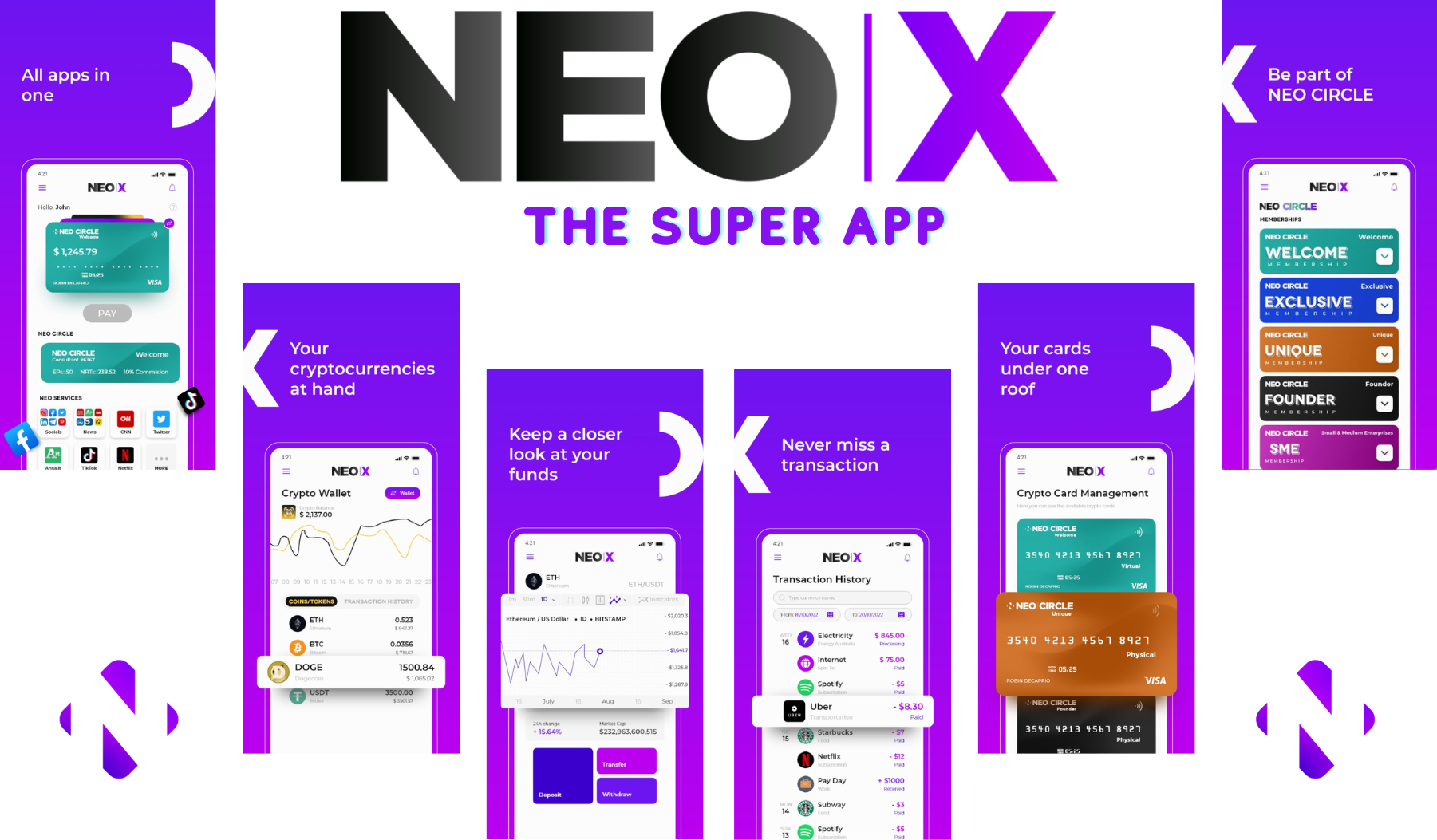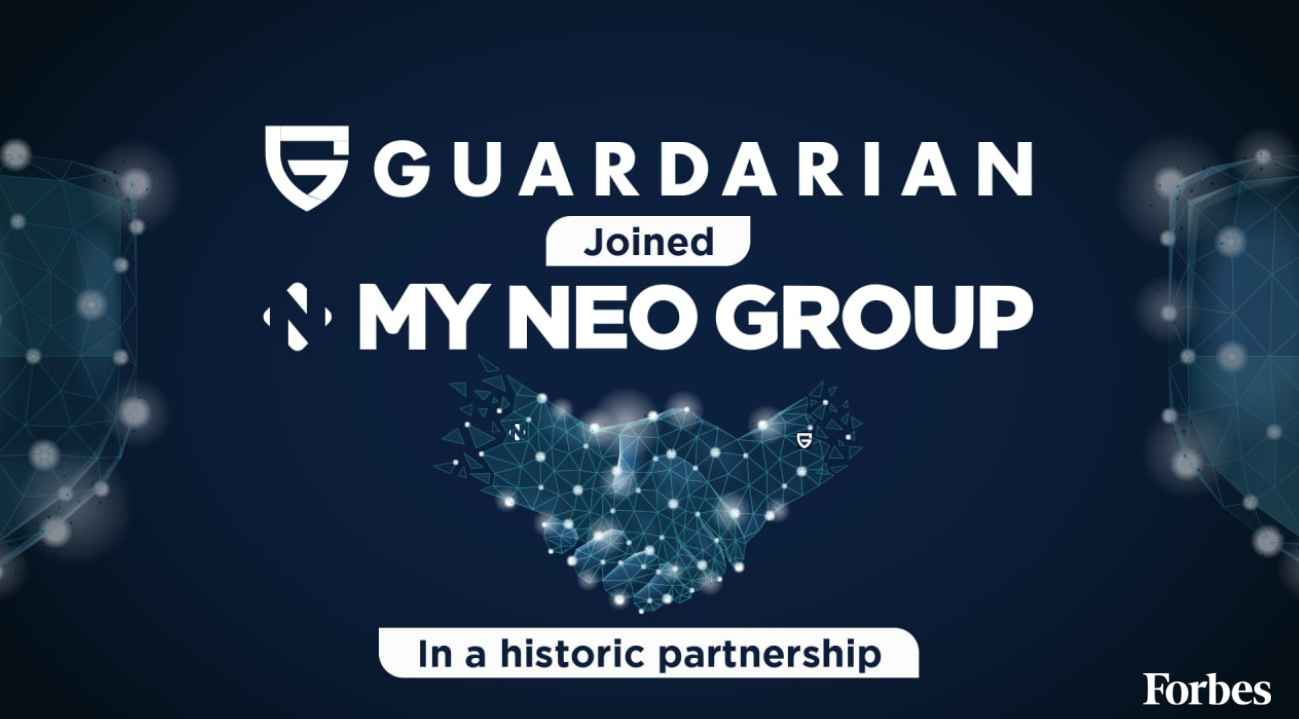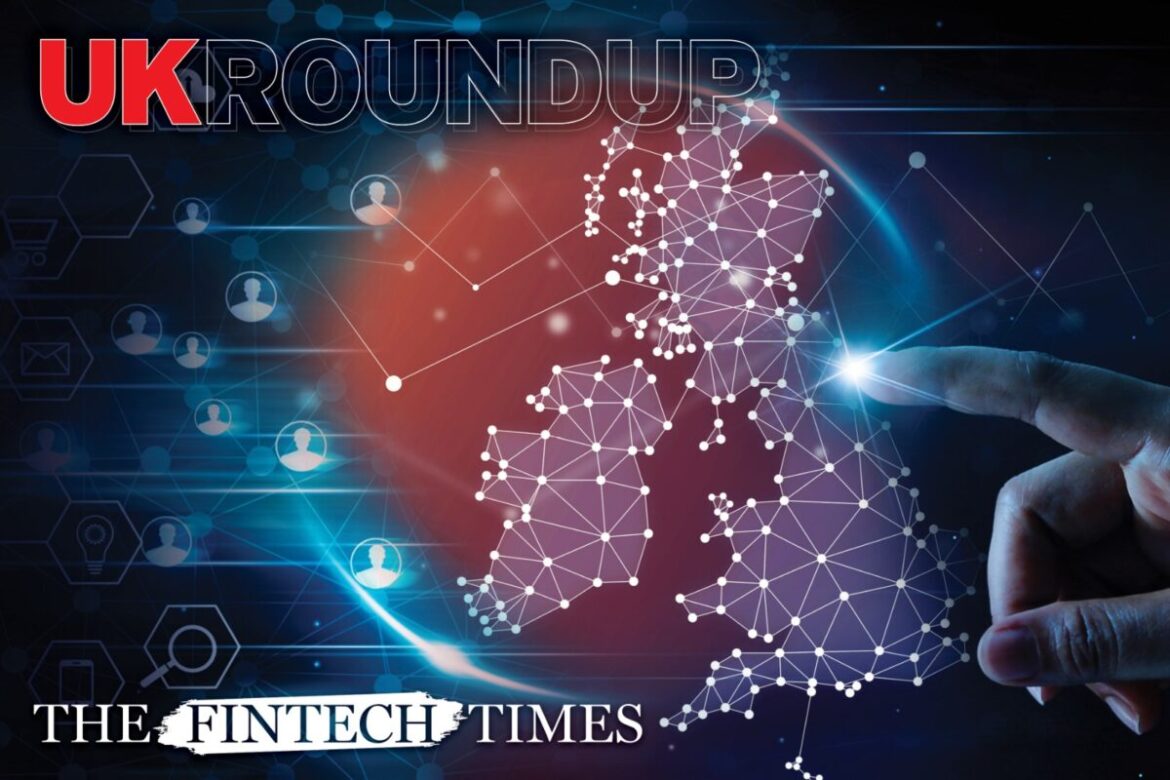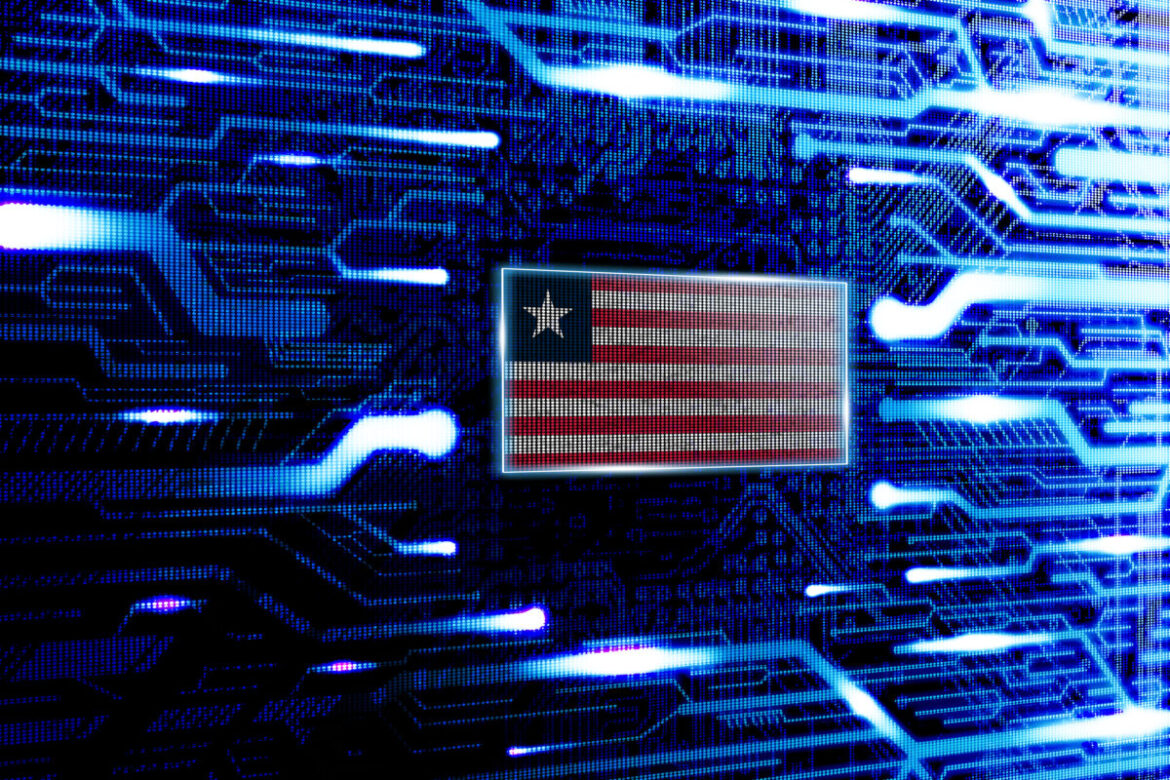[ad_1] New research launched by Twilio (NYSE: TWLO) (LTSE: TWLO), the customer engagement platform, has found that the cost-of-living crisis has given way to new consumer behaviours and expectations. Data from over 8,700 people across Europe has revealed that these new norms will put increased pressure on businesses to connect with their customers in meaningful …
Slow and Caring Wins the Race as Twilio Highlights Importance of Emotional Connections

[ad_1]
New research launched by Twilio (NYSE: TWLO) (LTSE: TWLO), the customer engagement platform, has found that the cost-of-living crisis has given way to new consumer behaviours and expectations. Data from over 8,700 people across Europe has revealed that these new norms will put increased pressure on businesses to connect with their customers in meaningful ways.
Responses suggest that the ‘E3 formula’ of efficiency, expertise and emotion are the new “building blocks” of customer experience, with a combination of the covid-19 pandemic, economic uncertainty, and rapidly advancing technology accelerating these changes. For organisations to succeed in the current economic climate they must offer all three elements, personalised according to the individual’s needs, to build long term trust and improve customer relationships at every stage of the lifecycle.
Speed is not always of the essence
The findings of The Relationship Economy: Customer Engagement in the Digital era underpin how customers’ desire for efficient service has not diminished, with 25 per cent of respondents still citing this as their key priority. The success of rapid delivery options and one-click shopping are testament to this pillar of convenience remaining front of mind. However, in order to truly prosper, speed should not be the sole focus for any business. Against the backdrop of a challenging economic climate, the data makes it clear that building lasting customer trust and ongoing loyalty is about more than mere speed.
Alongside the quarter who crave efficiency, 24 per cent and 25 per cent respectively reported expertise and attitude – or emotional connection – as their main priorities. Brands must therefore go beyond just speed and invest in technology to support all three pillars. This balancing act can be augmented through personalisation, whereby the options for getting in touch are tailored to the needs of the individual in a defined context. In the relationship economy, strong customer connections only blossom when efficiency of response is not merely a knee-jerk first response, and instead is supported by expertise and emotional connection.
The search for expertise in a relationship economy
Information is easier than ever to access in the digital age, but consumers often have difficulty accessing the answers they need from businesses, which can create frustration and stress. The research supports this idea, revealing that knowledge-based tasks were consistently hardest to perform. Only 13 per cent found it easy to find the logistics partner for a purchase, while still more struggled to uncover an organisation’s diversity, equity and inclusion or sustainability credentials (12 per cent and 11.5 per cent respectively). An engagement strategy that surfaces insights like these to consumers will help to free up the time of customer service agents, so they can concentrate on the more complex queries that do require a human touch.
“Recent economic challenges have brought to light how serious customer queries can be, and why businesses have a responsibility to respond thoughtfully as well as rapidly,” commented Sam Richardson, customer engagement consultant at Twilio. “Yet over-stretched customer service agents are often bogged down answering simple enquiries that could be better handled via other means. They are also frequently on the back foot because their systems don’t help them pass on the information or reassurance customers need. First-party data can help ease this burden – for instance, giving agents context on why someone is getting in touch, or how they prefer to give and receive information.”
Balancing the human and the digital through better emotional connection
Slower and more emotionally-driven forms of engagement are crucial for businesses wanting to build longer lasting relationships, which will be sustained even when customers are facing pressures on discretionary spending. Organisations that thoughtfully engage with their customers on sensitive issues like finances will win their trust, which in turn will benefit their retention rates and profits. Once more, personalisation is critical to this because it means the balance of human and digital can be tailored to suit individual needs.
Improved efficiency remains a useful benchmark in more transactional customer engagements, and ‘efficient service’ was a common reason to use a company again (39 per cent) or recommend a brand to a friend (37 per cent). But for more complex or long-term interactions like ‘connecting with a community’ or ‘asking for product or service support’, consumers express the desire for human empathy. When asked whether they preferred digital or human interactions for these activities, 74 per cent and 69 per cent respectively stated a desire for human connection. Similarly, respondents cited a friendly service as the most popular reason for repeat purchases (42 per cent), and recommending a brand (37 per cent). Supporting this mixture of engagement needs will help businesses hold onto customers even when they are facing growing economic pressures.
“Perhaps counterintuitively, the more digitally enabled businesses become, the more vital it is to adopt a human-centric approach in order to successfully acquire and retain customers,” said Andrew Stephen, deputy dean and L’Oréal professor of narketing at the Saïd Business School, University of Oxford. “Even in digital channels, ensuring that all interactions with customers are as ‘humanised’ as possible is critical, particularly during turbulent times when people need to feel listened to. Personalisation using first-party data is the way to do this well, even with limited human resources – showing that you understand who someone is and where they’re coming from, in everything from marketing to customer service.”
UK consumers crave emotional connection, but find it harder to make contact
Compared to the other countries surveyed, UK consumers are the only ones to find brands are now harder to reach than before, with nearly two fifths (39 per cent) agreeing that this is the case compared to 25 per cent in Germany, and 27 per cent in France and Spain. In light of customer engagement challenges recently faced by the UK’s travel and energy industries, this hints at a broader perception issue for customer engagement in a post-pandemic environment.
But data suggests that this could be exacerbated by businesses taking too long to provide a response, with over a quarter of UK consumers (27 per cent) citing this for their negative view. Concurrently, UK respondents said ‘friendly service’ was the most common reason to use a company again (44 per cent). The interplay of efficiency and emotion again comes to the fore here.
UK organisations looking to weather the coming economic tumult should be mindful that speed alone cannot improve perception. “Analysing first-party data to understand what customers truly want and need, and using these insights to personalise service offerings, will help companies to balance efficiency, emotion and expertise,” added Sam Richardson. “Though improving speed through automation could be a ‘quick fix’, those who win in a relationship economy will be the ones who invest in nurturing customers longer-term, and expertise and emotional connection are critical parts of this puzzle.”
 Francis Bignell
Francis Bignell
Francis is a journalist with a BA in Classical Civilization, he has a specialist interest in North and South America.
[ad_2]
Source link
In a constantly evolving world, where cryptocurrencies, decentralized finance and metaverse are creating new scenarios and opportunities, MY NEO GROUP is your guide in the digital transition.
Our Mission is to give you a pool of strategic assets to be the protagonist and earn together with US in the New Economy.
For more info:
Company – https://www.myneogroup.com
Community – https://www.myneocircle.com
Token NRT – https://www.myneocredit.com
Banca – https://www.bancaneo.org
Super web-app: https://myneodash.com
Mickael Mosse, CEO & Founder of My NEO Group, Forbes interview: https://forbesbaltics.com/en/search/mickael-mosse









